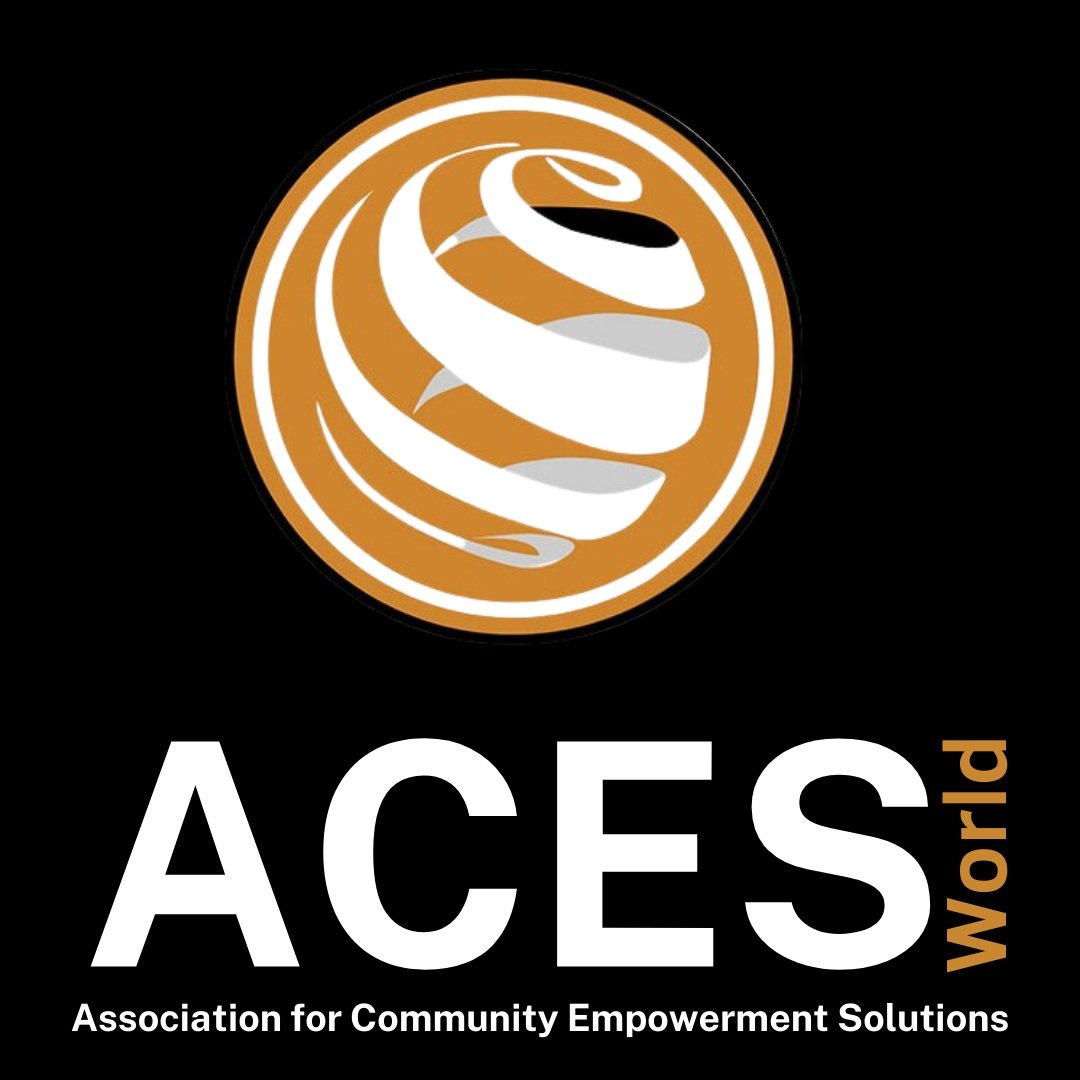Climate Change: An Environmental Injustice Exacerbating Existing Racialized Health Inequities
Another extreme weather event has devastated parts of the southeastern United States. The damage was minimal in Savannah compared to other areas, but the impact on the region is significant. A building collapse downtown, widespread power outages, and a boil water advisory affecting over 150,000 residents have created urgent needs. Many stores are out of bottled water, leaving families without electricity and unable to boil water. Temperatures have soared into the upper 80s since the storm, heightening the risk of heat-related illnesses, particularly for vulnerable populations (WSAV,2024).
Road damage is extensive, and tragically, one person was killed when a tree fell on their home. The death toll across the Southeast stands has exceeded 100 (MSNBC, 2024). In Georgia alone, 2.5 million homes and businesses were without power after the storm and over 100,000 people are still without power, with Georgia Power predicting that restoration could take until Tuesday or longer for many (Georgia Power, 2024).
Many families are struggling to meet basic needs. Without the means to buy replacement food, bottled water, or access air-conditioned spaces, these families are at an increased risk. For low-income households, particularly in areas like Savannah where 20% of residents lack personal vehicles, even accessing food pantries becomes a challenge (American Public Transportation Association, 2024). Poorly ventilated homes, especially those without air conditioning, add to the danger for infants, the elderly, and people with chronic health conditions, who face up to three times the risk of heat-related illnesses during extreme events (CDC, 2024). Like many marginalized global communities, these families bear minimal responsibility for climate change but are among the most vulnerable to its effects.
Climate Inequality in Plain Sight
The climate crisis reveals stark inequalities. The wealthiest 10% of the world's population contributes about 50% of global carbon emissions, while the poorest 50% contribute just 10% (Oxfam International, 2022). Yet, these less affluent communities face the worst consequences, as seen in the devastation across the southeastern U.S. and developing nations worldwide. Vulnerable communities in the global south experience mortality rates up to five times higher from climate-induced extreme weather events compared to wealthier nations (WMO, 2023). Racially and socioeconomically marginalized communities in the USA are disproportionately affected by the increasingly frequent storm and flood events, extreme heat, and infectious diseases, all exacerbated by climate change (Berberian et al., 2022).
Building Resilience for Families Living in Poverty
To foster true resilience, we must address the systemic challenges that families in poverty face. These households often lack reliable access to transportation, air conditioning, and other essential resources. Targeted interventions are critical to reducing their vulnerability to climate change’s impacts.
Programs providing backup solar power solutions, such as solar-powered generators or community charging stations, can significantly reduce families' risks during power outages (SEIA, 2023). Establishing microgrids in underserved areas could also ensure reliable energy access during emergencies (Rocky Mountain Institute, 2023). Additionally, community-driven food security efforts, such as urban gardens and food hubs, provide alternative sources of fresh produce when store shelves are empty (Urban Agriculture Coalition, 2023).
Access to resilient cooling centers during heatwaves is a life-saving necessity for these communities. Providing free transportation services or deploying mobile cooling units can ensure that families reach these centers (NHSC, 2024). Expanding educational programs on emergency preparedness and distributing essential resource kits are other vital steps to help families better weather extreme events (FEMA, 2024).
What We Must Do Now
While addressing the root causes of climate change will take time, the urgent task at hand is protecting vulnerable communities. Investments in resilience measures—such as community solar panels with battery storage—have already been proven to reduce power outage risks during hurricanes by up to 60% (NREL, 2023). Establishing cooling centers and accessible water stations would help prevent heat-related deaths and improve emergency response efforts.
Reducing inequities and safeguarding vulnerable families must be a priority. This means working directly with at-risk populations to provide essential resources like cooling centers and water stations, while also expanding resilience programs that equip communities to prepare for, endure, and recover from extreme events. We have the tools to make these changes now.
As the climate continues to shift, extreme weather events will only become more frequent and intense. The time to act is now—not just to curb carbon emissions, but to strengthen our communities and ensure that all people are prepared for the challenges ahead.
References:
American Public Transportation Association. (2024). Vehicle ownership statistics by income level. APTA.
Berberian, A., et al. (2022). Racial disparities in climate change-related health effects in the United States. Current Environmental Health Reports, May 2022.
Centers for Disease Control and Prevention (CDC). (2024). Heat-related illness statistics. CDC.
Federal Emergency Management Agency (FEMA). (2024). Community emergency planning resources. FEMA.
Georgia Power. (2024). Restoration timeline update. Georgia Power.
MSNBC. (2024). PoliticsNation. MSNBC.
National Heat Safety Coalition (NHSC). (2024). Cooling center accessibility. NHSC.
National Renewable Energy Laboratory (NREL). (2023). Impact of solar power storage during disasters. NREL.
National Weather Service. (2024). Temperature data for the Southeast. National Weather Service.
Oxfam International. (2022). Report on global carbon inequality. Oxfam.
Rocky Mountain Institute. (2023). Microgrid benefits during extreme weather. RMI.
Simmons, D., & Simmons, D. (2023, December 19). What is ‘climate justice’? Yale Climate Connections. https://yaleclimateconnections.org/2020/07/what-is-climate-justice/
Solar Energy Industries Association (SEIA). (2023). Solar resilience programs. SEIA.
Urban Agriculture Coalition. (2023). Urban agriculture report - Benefits of food hubs in urban resilience. Urban Agriculture Coalition.
World Meteorological Organization (WMO). (2023). Mortality rates from climate-induced events. WMO.
WSAV. (2024). Emergency services report on hurricane aftermath in Georgia. Savannah.

